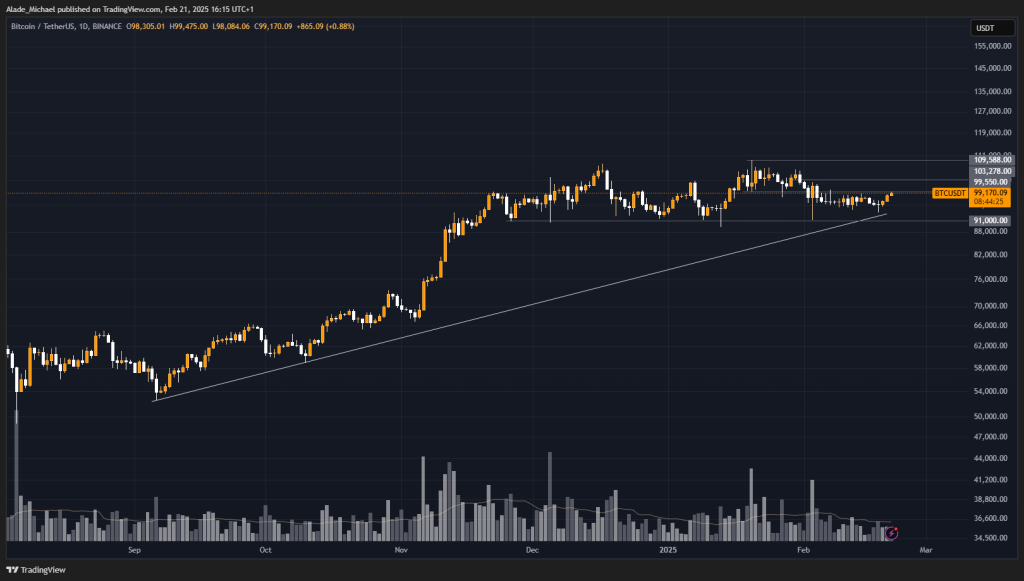ARTICLE AD BOX

Crypto exchange Bybit has fallen victim to what could be one of the largest security breaches in the history of digital currencies. According to reports, $1.46 billion in Ethereum (ETH) was withdrawn from the platform’s hot wallets. Bybit CEO Ben Zhou confirmed the incident via social media, stating that a hacker gained control of a specific ETH cold wallet and transferred all of its contents to an unknown address.
Suspicions of a security breach arose when on-chain data revealed a massive transfer of 401,346 ETH, worth about $1.13 billion, from Bybit’s hot wallet to an unknown wallet. This transaction not only raised alarms about a possible hack but also affected Ethereum’s market price. The cryptocurrency saw a drop of over 4% as the stolen funds began to be liquidated.
Zhou assured users that despite the incident, all other cold wallets were safe and withdrawals were functioning normally. According to the details provided by Zhou, the hack was carried out by a sophisticated deception of the wallet signers. The attackers used a fake user interface that displayed the correct address, causing the signers to unknowingly approve a change to the smart contract logic. This gave the attacker full control of the wallet and enabled the theft of all the ETH contained within.
The method used in the Bybit hack bears strong similarities to the techniques used in previous significant security breaches such as the WazirX and Radiant Capital hacks of 2024. Security experts have compared the Bybit incident to these past events, highlighting the parallels in the attackers’ actions.
In the immediate hours following the hack, nearly $200 million in Lido Staked Ether (stETH) was sold within the first 30 minutes, putting further pressure on Ethereum’s market value. As the investigation into the hack continues, more updates are expected. This incident once again underscores the vulnerability of crypto exchanges and the critical importance of robust security measures in the industry.
Image by Peter Patel from Pixabay
.png)
 14 hours ago
2
14 hours ago
2








 English (US)
English (US)